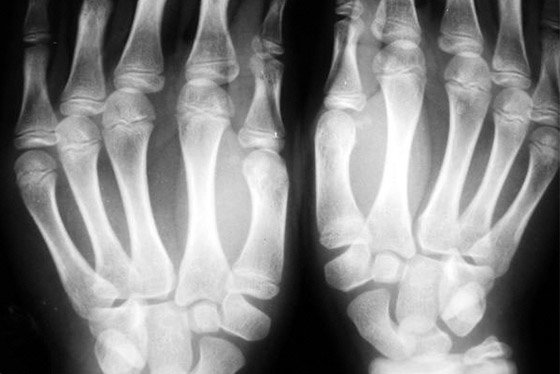Omega-3 is good for your health. The best way for you to get
enough in your diet would be to eat foods that are rich in Omega-3, such as
fatty fish. However, not everyone out there can tolerate fish and that is
perfectly understandable. For this reason, there are supplements you can take.
Mind you, there are hundreds of supplements available and not all of them have
the same health benefits. In order to make sure you get the health benefits you
need, we’re going to tell you what to look for when buying Omega-3 …
Amount of Fatty Acid
You should always look at the amount of fatty acid that is
in the supplement. Look at the label and find the amount of EPA and DHA per
serving.
Type of Fatty Acid
Don’t forget to look for the type of fatty acid. Omega-3
should come from marine sources.
Concentration
The concentration level is definitely important. The mount
of DHA and EPA can vary from 200-700 mg per capsule or oil. If it has a high
concentration of DHA and EPA, this will allow you to consume more omega-3 in
fewer doses.
Omega-3s are
Available in a Variety of Forms
Fish oil is available in a natural form, but you can also
find it in a processed form. Mind you, the processing form may not be as good,
because it can affect the form of the fatty acids. This is something you must
remember, because your body can absorb some forms better than others.
Fish Oil: When it comes to conventional fish oil, omega-3 is
normally present as triglycerides.
Fish: If you’re eating whole fish, you can get your omega-3
fatty acids from the triglycerides and phospholipids.
Processed Fish Oil: When the fish oils have been processed,
they turn into ethyl esters. Ethyl esters aren’t found in nature. When
comparing processed fish oil with natural fish oil, we find that the body
doesn’t absorb processed fish oil as well as natural fish oil. This is because
of the ethyl ester form. However, there are some manufacturers out there that
process the oil further so that it changes back into the synthetic triglyceride
form – this is a form that your body can easily absorb.
All four of these forms have some pretty good health
benefits nesting behind them. However, studies have suggestion that when
omega-3 comes from ethyl esters, it’s not as good as the other forms.
So there you have it, when you’re buying Omega-3, make sure
you check the label to learn about the concentration, type of fatty acid, and
the amount of fatty acid.
My recommendation on the best Omega3
http://jeremyhawkins.net/balance
Also Here are some great reads
http://jeremyhawkins.net/omega
http://jeremyhawkins.net/omegareport



 Fish oil is a form of fatty acid that is derived from the tissues of
oily fish. It contains the omega-3 fatty acids, including
eicosapentaenoic acid (EPA) and docosahexaenoic acid (DHA), which are
what has gained the most attention with regard to health research over
the last few years.
Fish oil is a form of fatty acid that is derived from the tissues of
oily fish. It contains the omega-3 fatty acids, including
eicosapentaenoic acid (EPA) and docosahexaenoic acid (DHA), which are
what has gained the most attention with regard to health research over
the last few years.
